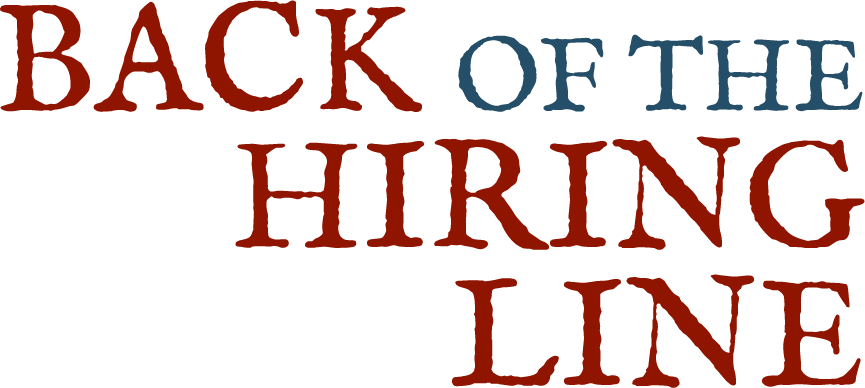IN THE NEWS:
Good parents set clear, reasonable rules for their kids — and the neighbors’ kids — and then enforce the rules without abuse or favoritism.
A good parent, for instance, wouldn’t allow their strongest child to exploit his younger, weaker siblings or neighbors. Yet that’s exactly what corporate executives have done to vulnerable workers. For decades, Big Business has lobbied its allies in Congress to ensure an ample supply of cheap foreign labor to suppress wages.
African Americans, in particular, have suffered, as Roy Beck’s 2021 book, “Back of the Hiring Line, A 200-Year History of Immigration Surges, Employer Bias, and Depression of Black Wealth” documents. Each “10-percent immigrant-induced increase in the supply of a particular skill group reduced the black wage by 2.5 percent, lowered the employment rate of black men by 5.9 percentage points, and increased the incarceration rate of blacks by 1.3 percentage points” between 1960 and 2000, according to one study by economists at Harvard, University of Chicago and University of California, San Diego.
Immigrants have suffered too — more than a third of workers here illegally have experienced minimum wage violations. Unscrupulous employers can cheat these workers out of pay and force them to endure deplorable conditions, knowing that the laborers are unlikely to report the abuse.


